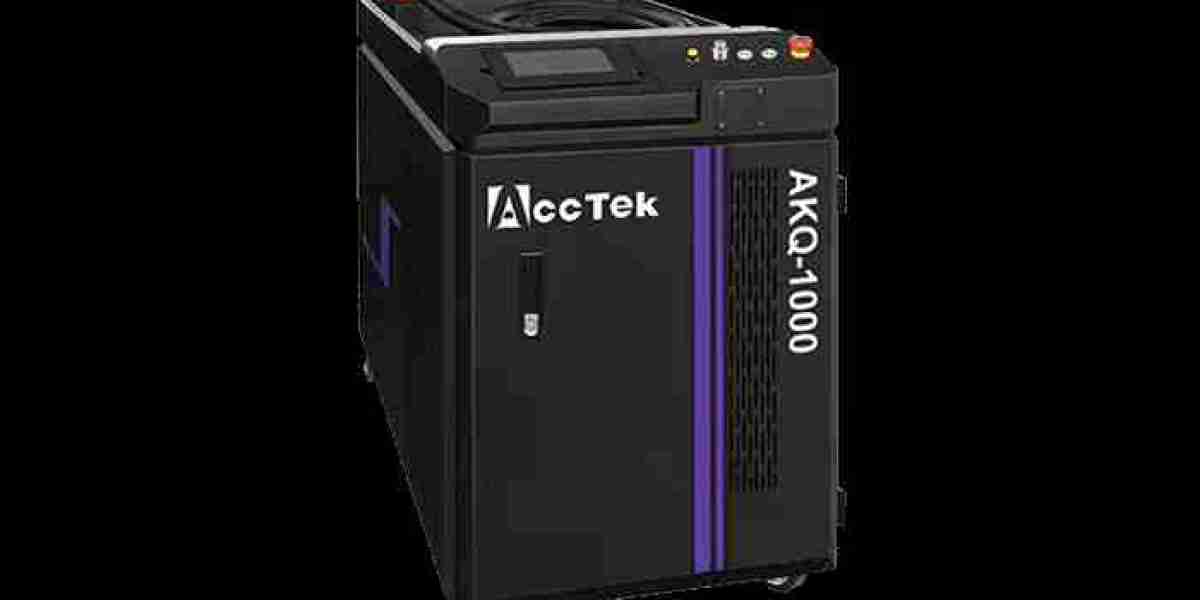Choosing the Right Motor for Your Laser Cutting Machine
The comparison between stepper motors, servo motors, and linear motors highlights that each type offers unique advantages tailored to different applications and requirements. Stepper motors are simple and cost-effective, making them ideal for less demanding tasks. Servo motors provide high precision, speed, and adaptability, making them the preferred choice for high-performance industrial applications. Linear motors excel in delivering high-speed, high-precision linear motion, making them suitable for advanced and specialized manufacturing processes.
Understanding the specific needs of an application—such as accuracy, speed, load handling, complexity, and budget—enables the selection of the most appropriate motor for a laser-cutting machine. By carefully evaluating these factors, manufacturers and operators can optimize their machines for improved performance, efficiency, and reliability.
How to Choose the Right Motor
Selecting the right motor for your laser cutting machine is a critical step in ensuring optimal performance, precision, and efficiency. This section will guide you through a systematic approach to motor selection, covering key aspects such as application needs, motor type, power and torque requirements, control system compatibility, budget, maintenance, integration, support, scalability, and validation.
Determine Your Application Needs
Precision and Accuracy Assess the level of precision and accuracy required for your cutting tasks. High-precision applications, such as medical device manufacturing, may require more sophisticated motor systems like servo or linear motors.
Speed and Responsiveness Consider the cutting speed and responsiveness needed for your operations. High-speed production lines will benefit from motors that can accelerate and decelerate quickly.
Material and Thickness Identify the types of materials and their thicknesses that you will be cutting. Different materials may require different motor capabilities in terms of torque and speed.
Evaluate Motor Types
Stepper Motors Stepper motors are cost-effective and suitable for applications requiring moderate precision without feedback systems. They offer high torque at low speeds but may lose steps at higher speeds.
Servo Motors Servo motors provide high precision, speed, and dynamic response due to their closed-loop feedback systems. They are ideal for high-precision and high-speed applications but are more expensive and complex.
Linear Motors Linear motors offer direct linear motion with high precision and speed, making them perfect for advanced manufacturing processes. They are the most expensive option and require precise installation and alignment.
Consider Power and Torque Requirements
Power Rating Determine the power rating required to perform your cutting tasks efficiently. The power rating indicates the motor’s ability to perform work over time.
Torque Rating Evaluate the torque requirements, considering the resistance and load the motor will handle. High torque is essential for cutting thicker materials or handling high-resistance tasks.
By understanding these factors, you can select the right motor for your Laser Cleaning Machine, ensuring that your equipment operates with optimal performance and reliability.














